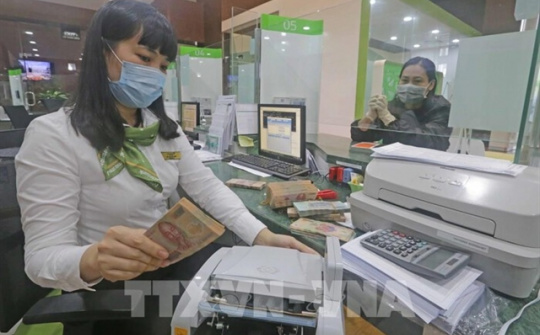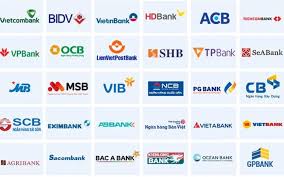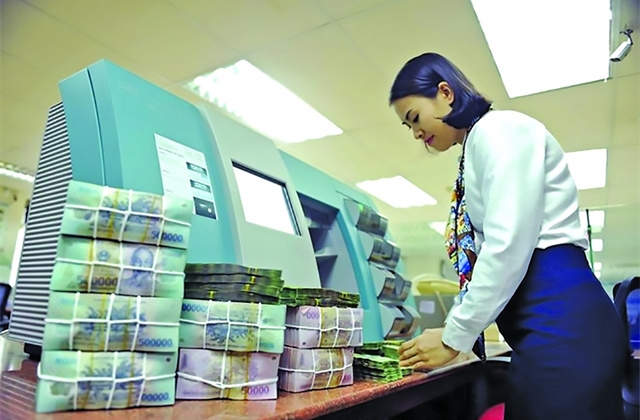
Dr. Nguyen Quoc Hung - Vice Chairman cum Secretary General
The banking sector has made proactive efforts to implement comprehensive digital transformation across all aspects of its operations, including mindset shifts, institutional development, technology infrastructure, and service enhancement, all while ensuring security and safety.
The sector is seen as a pioneer in digital transformation, especially considering that the Law on Electronic Transactions has yet to be amended or supplemented. Despite this, commercial banks have dedicated resources to digital transformation, delivering new customer experiences.
The pandemic period also significantly changed people’s habits, promoting non-cash payments. For example, in the first quarter of 2024, compared to the same period in 2023, non-cash payment transactions rose by 56.5 per cent in volume and 31.35 per cent in value.
Many operations, such as deposits, account management, and money transfers, are now fully digitised. Several banks have achieved transaction rates on digital channels of up to 90 per cent.
This success is due to several factors. The State Bank of Vietnam has implemented key policies to promote digital transformation. Additionally, digital infrastructure in banking has been invested in, upgraded, and developed.
Credit institutions and intermediaries have embraced advanced technologies to streamline processes, improve operational efficiency, and enhance customer experience. They are also assessing customer needs and collaborating with diverse partner ecosystems across various fields.
Despite these achievements, expectations have not yet been fully met. The legal framework remains insufficient for credit institutions and intermediaries to undertake comprehensive digital transformation. For instance, credit institutions still cannot lend or provide guarantees in the digital environment.
Vietnam is expected to commercialise 5G by early 2025. How will this impact digital transformation in the banking sector?
When the 5G mobile network is operational, it will have a significant impact on socioeconomic development, particularly in advancing digital transformation, driving innovation, and boosting productivity across sectors.
The successful application of 5G technology promises to accelerate the provision of financial services, making them faster, smarter, and more efficient. Credit institutions are currently reviewing ways to implement mobile technology effectively while balancing security, authentication, and customer experience.
Banking operations, especially payments, will be conducted through various channels, such as 5G smartphones, wearable devices, and VR tech. Faster data processing speeds combined with enhanced security systems will transform the market.
With 5G, latency will drop to just one millisecond, meaning customers will experience services at superfast speeds, with little to no waiting time when using electronic devices. This is crucial in the banking and finance sector for data analysis and processing.
However, while 5G technology holds enormous potential, it also carries risks and costs that are not yet fully understood. Consequently, many banks continue to prioritise cloud computing technology, as it remains a more cost-effective solution for providing digital services and related products.
How does Vietnam’s digital transformation in the banking sector compare to other countries in the region?
The Vietnamese banking sector is one of the fastest in the region in terms of digital transformation. However, several issues, such as the legal framework and coordination between ministries, still need to be addressed. Security, safety, and confidentiality are also key concerns, not only for the banking sector but across all sectors, necessitating a coordinated approach to ensure synchronisation.
There are a few key lessons we can learn from other countries. Firstly, to effectively implement digital transformation, commercial banks require support and investment from state management agencies to create a safe and enabling environment for fintech companies, fostering healthy competition with Vietnamese banks.
Secondly, commercial banks must actively shift their business models towards multichannel integration, innovating through fintech, and building comprehensive ecosystems.
Thirdly, successful banks are those that have quickly embraced Industry 4.0 technologies, such as AI, big data, and cloud computing, in their operations.
Finally, digital transformation must be driven by leadership with a long-term vision. Banks should invest in training staff in digital skills, recruit tech-savvy personnel, and promote the benefits of digital transformation to enhance employees’ expertise in the evolving work environment.
What driving forces are needed for the banking sector to advance digital transformation and contribute to the digital economy?
To promote digital transformation and support the digital economy, the banking sector must focus on several key factors.
Firstly, developing legal documents that reflect the realities of digital transformation is essential, including promptly issuing guidelines for implementing the Law on Credit Institutions 2024, which was recently passed.
The government also needs to issue a decree on a controlled testing mechanism for the banking sector, reviewing and amending current regulations to align with laws on identification, electronic transactions, and digital banking operations.
Moreover, continued investment in electronic payment infrastructure and credit information systems is critical to ensure smooth, secure, and uninterrupted operations. This will meet the growing demand for diverse payment methods among both individuals and organisations.
Building a national customer database, connected to the national population database, will also be vital. Close coordination with the Ministry of Public Security will allow for the effective use of chip-embedded citizen IDs and VNeID accounts, facilitating safe and convenient banking services.
Finally, ensuring security and safety is paramount. Banks must work closely with the Ministry of Public Security, the Ministry of Information and Communications, and other authorities to combat cybercrime and also to protect the legitimate rights of customers using digital services.




















